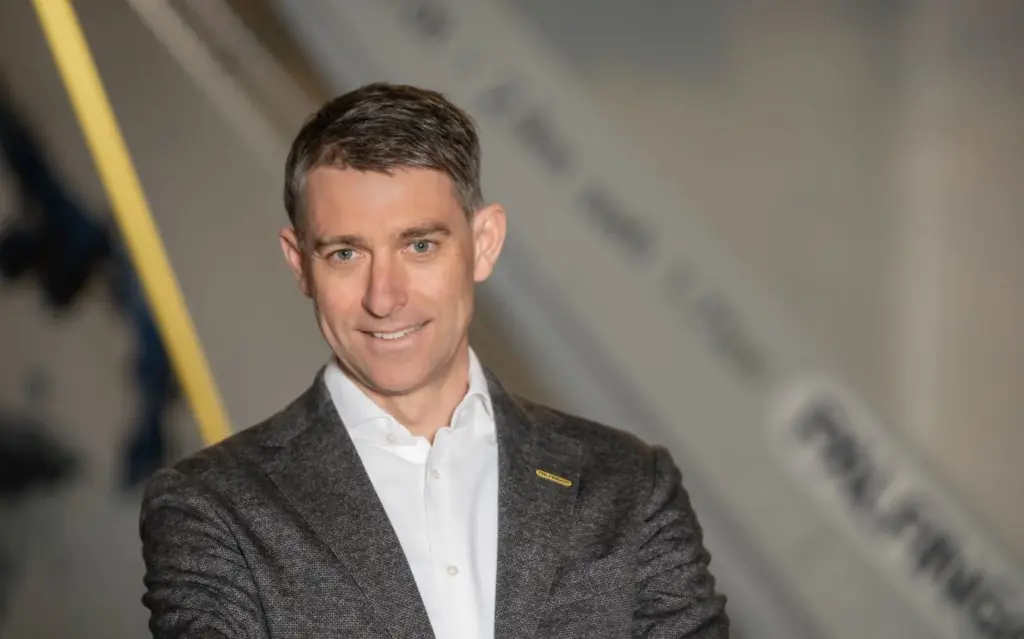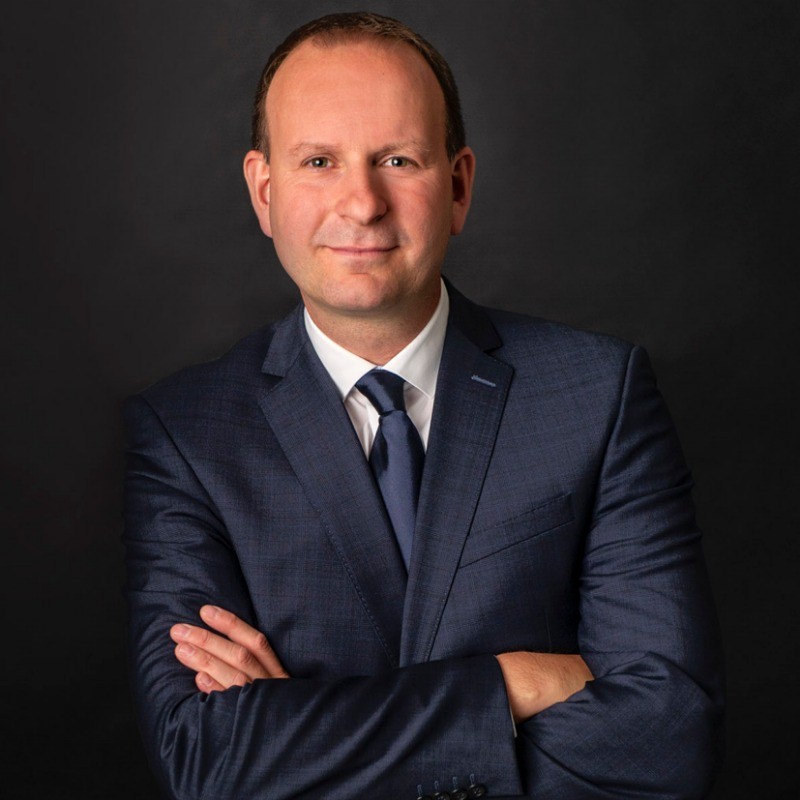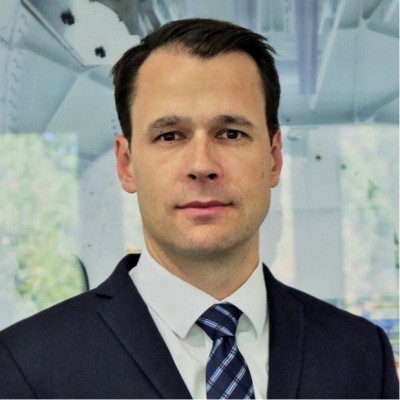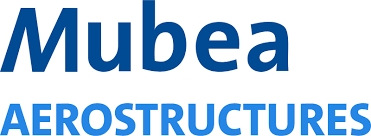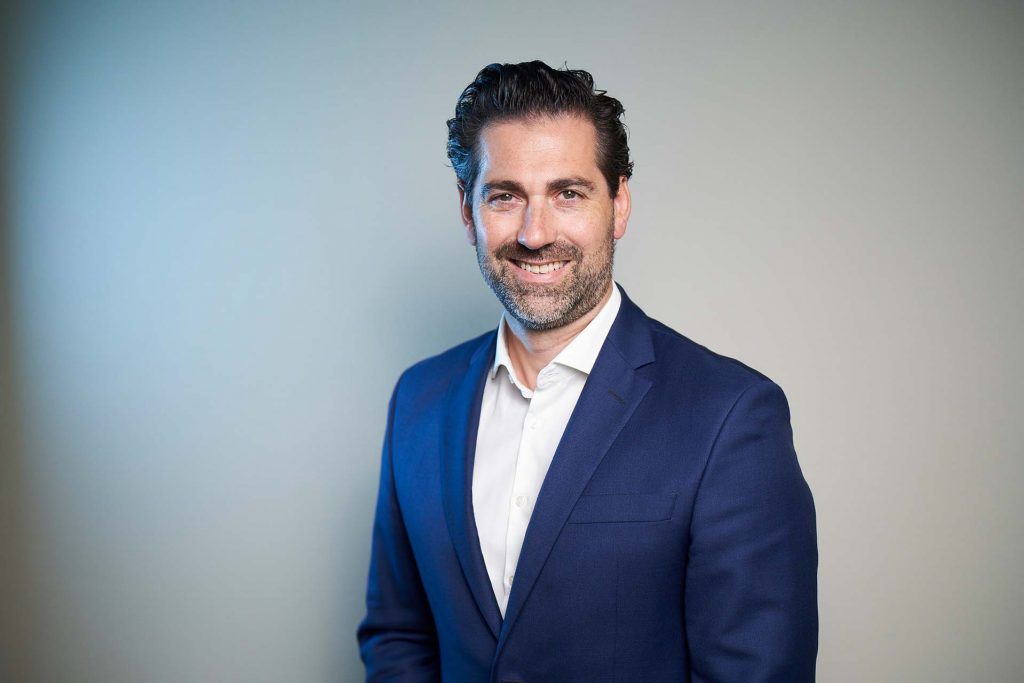Real Impact Consulting Services

Pick the service that fits your challenge
H&Z services are built for one thing: measurable impact. Each offering combines sharp diagnosis with hands on delivery, helping organisations improve performance, reduce cost, strengthen resilience and accelerate digital progress where it matters most. Explore the solutions below to find the right entry point, from performance improvement across operations and engineering, to end to end procurement and value creation, to digital and AI programmes that move beyond pilots. Every engagement is tailored to your priorities, designed to work in the real organisation, and delivered with clear accountability from strategy through implementation.
Our Core Services
Why Leading Executives Trust H&Z
At H&Z we combine head, heart and hand to deliver more than concepts. We drive measurable transformation. Our approach bridges strategy and execution, ensuring every initiative creates lasting business impact.
- Proven results: measurable performance gains and cost savings across industries
- End-to-end delivery: from strategic design to hands-on implementation
- Trusted by leaders: awarded as hidden champions and best consultants for more than 10 times in a row
- People-centric: we foster change by engaging teams at every level, not just the boardroom

Our Insights
Let us help achieve your objectives
Every organisation faces unique challenges, from driving innovation to improving efficiency under pressure. At H&Z we do not provide generic advice. We design tailored solutions that align with your business priorities and deliver measurable outcomes. Whether the goal is to accelerate growth, optimise operations or reinvent the business model, our experts are ready to turn ambition into achievement. Set up your executive consultation today and discover how H&Z can help you stay ahead.





